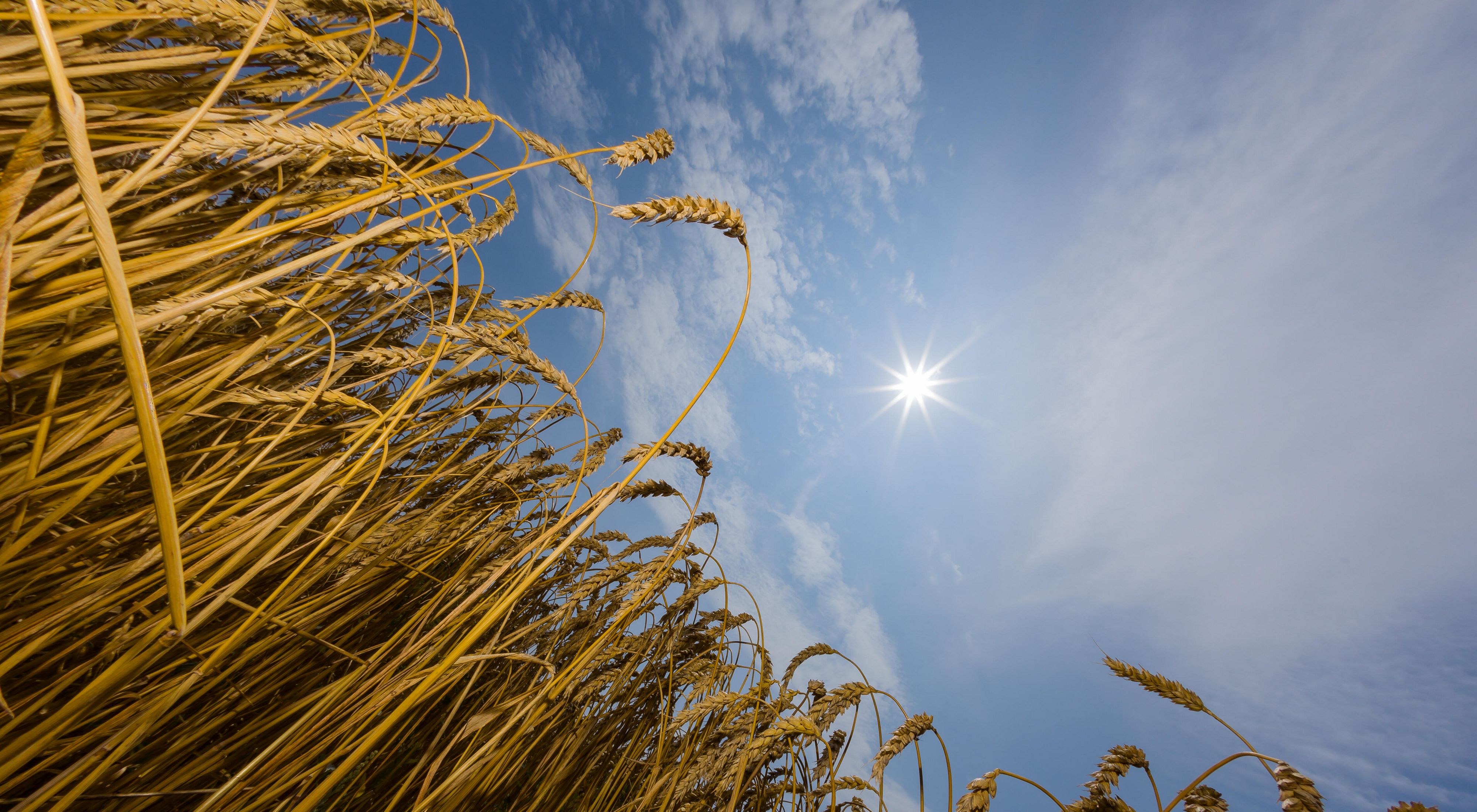First Crop of Sustainably Grown Wheat Harvested in the Saginaw Bay Region
Milestone marks first successful year of sustainable wheat partnership between Star of the West Milling Co. and The Nature Conservancy
Media Contacts
-
Ryan Hermes
TNC
Phone: 517-999-7745
Email: ryan.hermes@tnc.org
The Nature Conservancy in Michigan (TNC) and Star of the West Milling Co. today announced the harvest, verification and sale of the first 86,000 bushels of wheat grown through a pilot program launched earlier this year. TNC and Star of the West partnered on the program, which runs through 2024.
This year, it took a matter of weeks to fill the roughly 900 acres available for the first year of the program. Next year, the program will expand to more than 2,500 acres.
“We are thrilled at the response to our Sustainable Option Wheat (SOW) program from producers throughout the Saginaw Bay region and that our first harvest is in the books,” said Ben Wickerham, agriculture program director for TNC in Michigan. “This program helps improve soil health and protect water quality by encouraging growers to implement a suite of tried-and-true sustainability practices, which benefits the Saginaw Bay watershed today and for years to come.”
“If the first year of our sustainable wheat program is any indication, next year will be a big year of growth as we expand the program by more than 1,500 acres,” said Lisa Woodke, sustainability director for Star of the West Milling Co. “I want to thank the farmers who took the leap with us in this first year and look forward to welcoming even more growers into the program next year.”
TNC works with Star of the West on farmer enrollments, farm evaluations and verification of in-field practices. Once the recommended sustainability criteria are implemented and verified, participating growers are eligible to receive nature-based bonuses at Star of the West when they sell their wheat.
On-farm sustainability practices include Integrated Pest Management, cover crops, nutrient management, and reduced tillage. These practices play a major role in building soil health and help fields become more resilient to extreme weather events, like flooding and droughts.
Enrollment for SOW’s 2023 crop year is currently open and spots will be filled on a first-come, first-served basis.
The Nature Conservancy is a global conservation organization dedicated to conserving the lands and waters on which all life depends. Guided by science, we create innovative, on-the-ground solutions to our world’s toughest challenges so that nature and people can thrive together. We are tackling climate change, conserving lands, waters and oceans at an unprecedented scale, providing food and water sustainably and helping make cities more sustainable. The Nature Conservancy is working to make a lasting difference around the world in 77 countries and territories (41 by direct conservation impact and 36 through partners) through a collaborative approach that engages local communities, governments, the private sector, and other partners. To learn more, visit nature.org or follow @nature_press on X.
